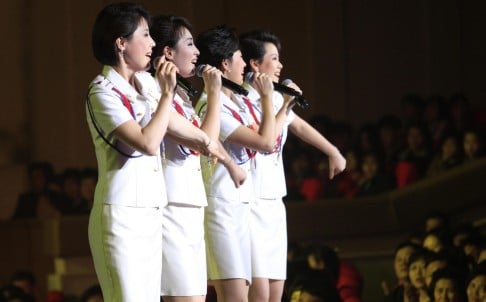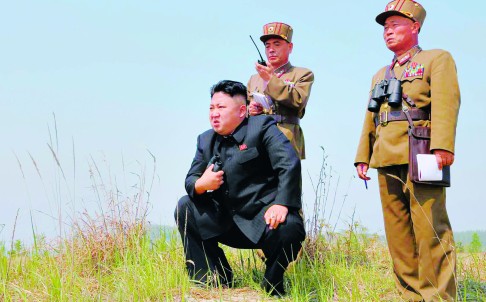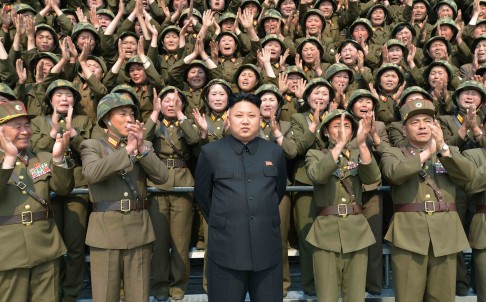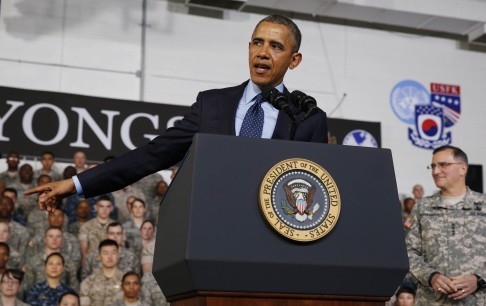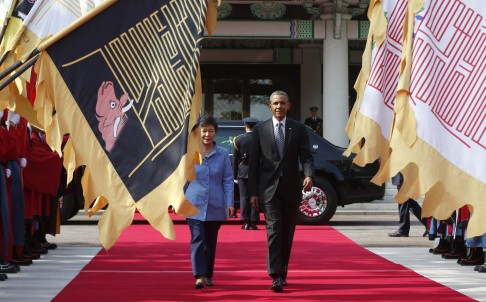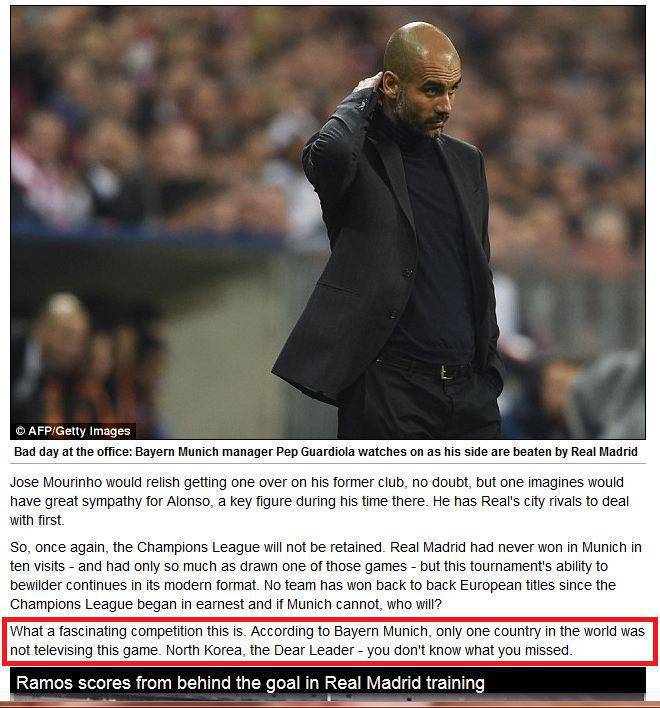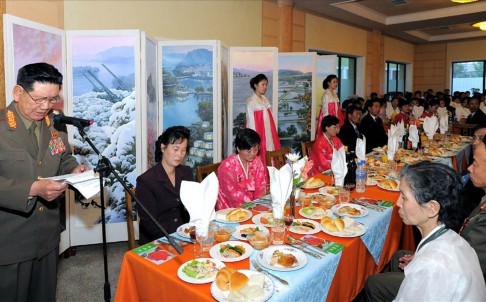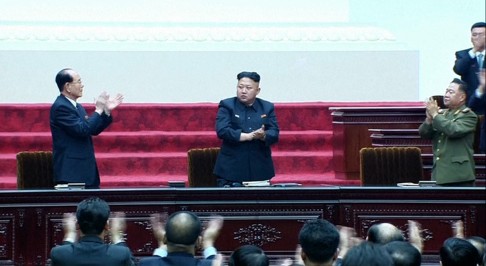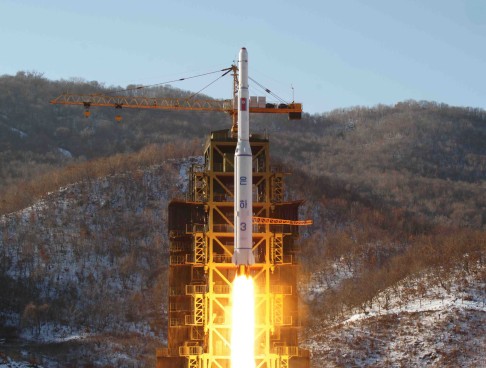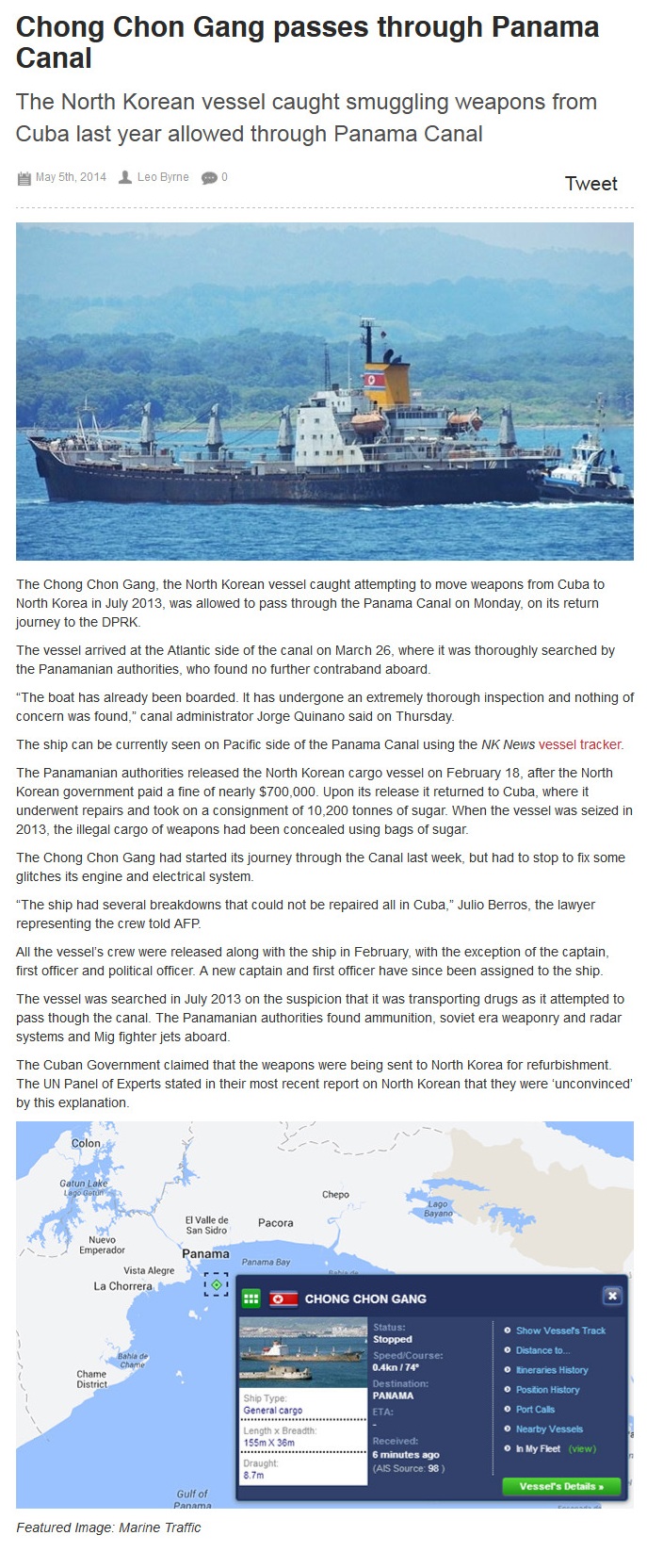- Joined
- Aug 12, 2011
- Messages
- 91
- Points
- 0
The Shifting North Korean Power Balance
Yoon Song Won | 2014-04-22 09:57

The present situation in Ukraine has revealed the reality of international power politics in Technicolor once more. For South Korea, a country wed to and largely dependent upon multilateral mechanisms to ensure its external security environment, this trend is great cause for alarm.
Northeast Asia is multipolar, and packed with domestic and international variables with the potential to make trouble. The more that can be done to mitigate the dangers, the better. In other words, Russia’s actions arguably make a strategy for unification all the more important. In this interview we speak to Yoon Young Kwan, a former South Korean foreign minister, to evaluate today’s fluctuating international community situation and the state of the North Korean regime.
Former Minister Yoon is currently authoring a book on the international system in the post-Cold War era.
Worries over global insecurity are on the rise. How is the changing situation in world affairs affecting unification on the Korean Peninsula?
I am currently authoring a book on the ebb and flow of the changing international system […] The global financial crisis of 2008 marked the end of changes in the international system since the end of the Cold War. If the United States’ reached its zenith of relative power after the Soviet Union disintegrated in 1991, then the financial crisis decimated that. One may see the international system today as multipolar, but the United States and China probably lead it. Thus, PRC-U.S. relations are an extremely important variable.
Undoubtedly, the Crimea situation is an important event, one that has raised tensions in U.S.-Russia relations and between the West and Russia. However, I am hesitant to call it a New Cold War because of a third variable – China. Although China and Russia are linked in a strategic alliance, we must wait and see how deep that alliance is. For instance, there won't be a mutually antagonistic relationship between two competing states, as developed during the Cold War.
Should the Korean Peninsula problem unfold in the context of PRC-U.S. relations as the two states’ attempt to expand their influence in East Asia, competition will probably persist. From the position of South Korea, ideally both sides would consolidate their opinions with regard to the unification issue, as well as stressing the ROK-U.S. alliance as the way to peaceful reunification with the agreement of the international community. Also, intensifying the Korea-China relationship means trust can be built with China [...] – this is important.
North Korea has affirmed its dual track policy of economic construction and development of nuclear weapons. Is this rational?
State actors always keep in mind the cost-benefit analysis. They intend to maximize benefit over cost, and the North Korean regime has calculated the profit and loss as well. It’s not necessarily helpful to judge North Korea’s rationality, or lack of, according to our own standards.
The problem is how South Korea responds when North Korea calculates its costs and benefits. For example, when we look at their nuclear program, the cost of developing the weapons is quite high compared to their obvious benefits – the issue is how to get North Korea to accept this and change their policy track. It is important for us to formulate strategies that can change North Korean leaders’ minds and contrive a general framework to encourage change by ramping up the costs of nuclear development in a way that outweighs the benefits. In the same vein, there is the need to investigate ways to realize cooperation with China on sanctions.
Unfortunately, the environment for inducing change in North Korea’s policies has deteriorated with Ukraine’s loss of Crimea and the collapse of the Libyan regime, which once gave up its nuclear weapons.
It’s true that things are a lot more difficult now. But when making a cost-benefit analysis, among the main factors that the North Korean regime has to factor in is the changing domestic situation. For instance, the authorities have to consider whether or not domestic elites are unified, the degree of power that top policymakers have, economic conditions, and changing awareness of the leadership by the people. Through things like the expansion of market mechanisms, the people’s changing awareness of leadership and the economic situation, increased openness in various areas mixes in with all the complex variables and the international situation. There is no need to speak of abandoning concerted anti-nuclear diplomacy. The domestic and international situation is always changing.
It seems that the North Korean regime has little desire to change of its own accord…
It seems that North Korean regime, particular it’s supreme policymakers, has little intention of changing, yes. However, North Korea’s domestic situation is steadily changing in ways completely unrelated to the highest decision makers in the state. After the mid-1990s, the food distribution system collapsed and market mechanisms began to expand independently without the backing of the state leadership.
There have been attempts, including the 2009 currency reform, to suppress the spread of markets, but they were futile. Even now we can see that many changes are occurring. If it is true that Park Nam Ki was executed after currency reform failed, doesn’t this show that different patterns are emerging within the regime? If the North Korean leadership is now afraid of its people, it means that the power balance between leaders and people is gradually changing.
Obviously in terms of politics and economy, there are myriad factors to consider in formulating a policy toward North Korea. In the West and the United States, there is no interest in the political undertones that indicate these kinds of internal changes in North Korea. Instead, focus is placed on what can be called the symptoms of North Korea’s problems; their nuclear program and weapons of mass destruction. We need to see fundamental causes and their solutions; not just symptoms.
Thus, denuclearization and diplomacy are important, but at the same time, the North Korean people should learn more of market principles through a socio-economic approach and exchanges and cooperation, so we can see that it’s important to make this as natural as possible for them. In the same context, extreme conflict over the course of North Korea policy is not advisable and is really a wasted effort. If there is sufficient convergence of opinion and sufficient outlay on a rational policy, then there will be no need for irrelevant disputes.

